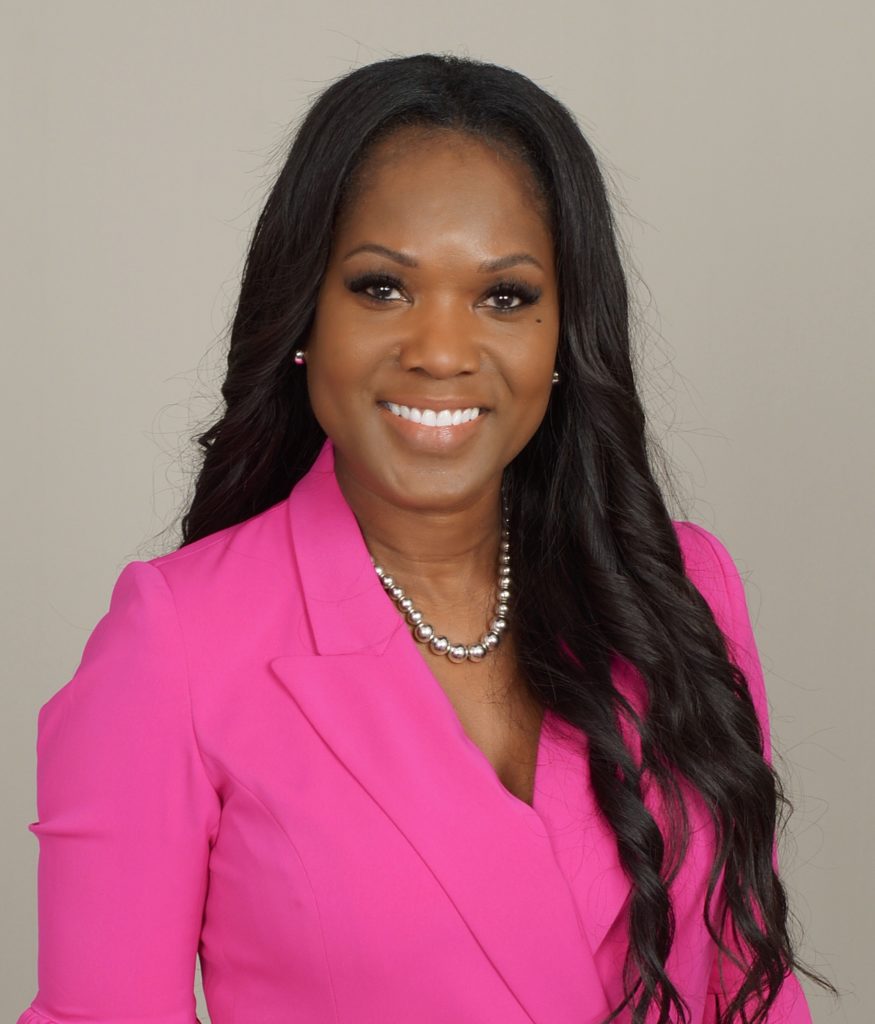Michelle L Edwards,DNP – Learn to Counter Implicit-Explicit Bias

Learn to Counter Implicit/Explicit Bias
There is growing literature about the influence of implicit biases in healthcare, and the impact of these biases on patient outcomes, professional relationships, and career growth. The unpleasant truth is that we live in an era where stereotypes about entire groups of people can be pretty commonplace; and while the rejection of intentional and explicit biases has received considerable airtime over the years, dealing with the obvious alone is simply not enough.
In many ways it’s the implicit biases, the attitudes and typecasts that subconsciously guide people’s perceptions, actions and decisions, that are most harmful….in large part, because of its ability to “fly below the radar” and permeate unabated. However, addressing implicit biases is never easy. In fact, it can be very difficult because implicit biases often stand in opposition to a person’s stated beliefs. Although frequently contextualized in the space of race and ethnicity, biases can and do occur as a consequence of age, gender, and other attributes.
I made my entrance into healthcare as a teenager, and as the youngest and only black nurse on a “highly regarded” unit of the hospital, it was not uncommon for me to have to prove my competency when others went unquestioned. While I didn’t recognize it then, implicit biases were clearly at play. At the time, I was just glad to be there and more than willing to show people I deserved to be.
It wasn’t until I matured in my career that I began to recognize the interplay of implicit biases, and after a bit of trial and error, developed the courage and the skill to counter them in an effective manner.
Some strategies to consider include the following:
- Contemplate the possibility of harboring unconscious attitudes or stereotypes, not just in others, but your own as well.
- Seize opportunities to openly discuss biases, implicit and explicit, in a constructive manner.
- Develop the courage to challenge unfounded stereotypes, interrupt the status quo, and hold yourself and others accountable.
